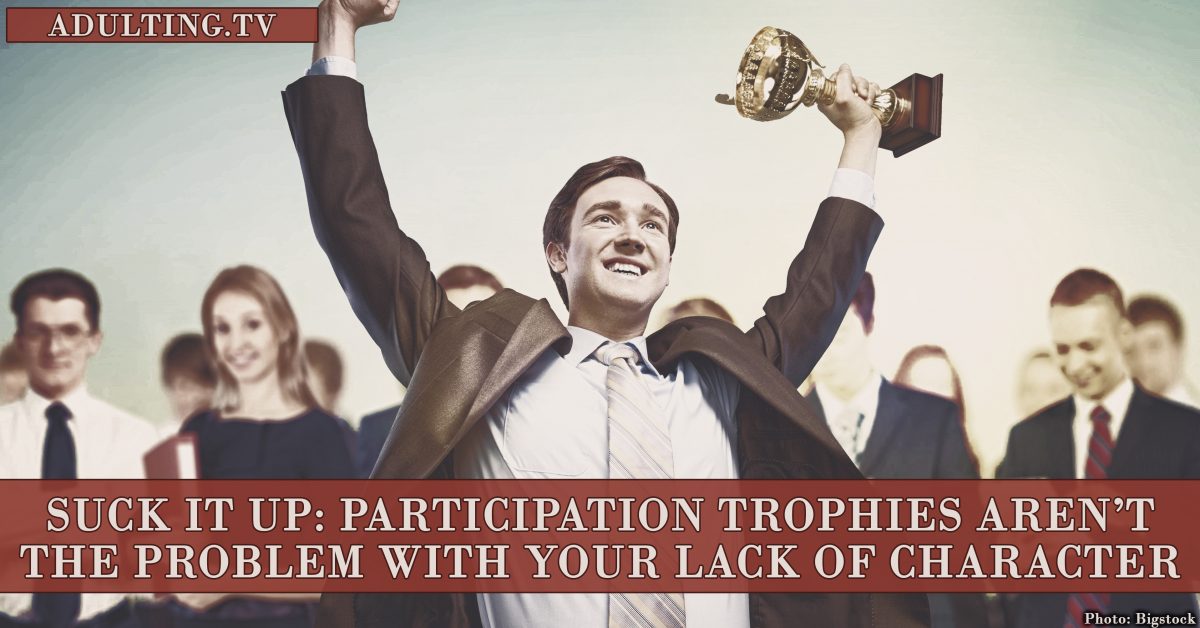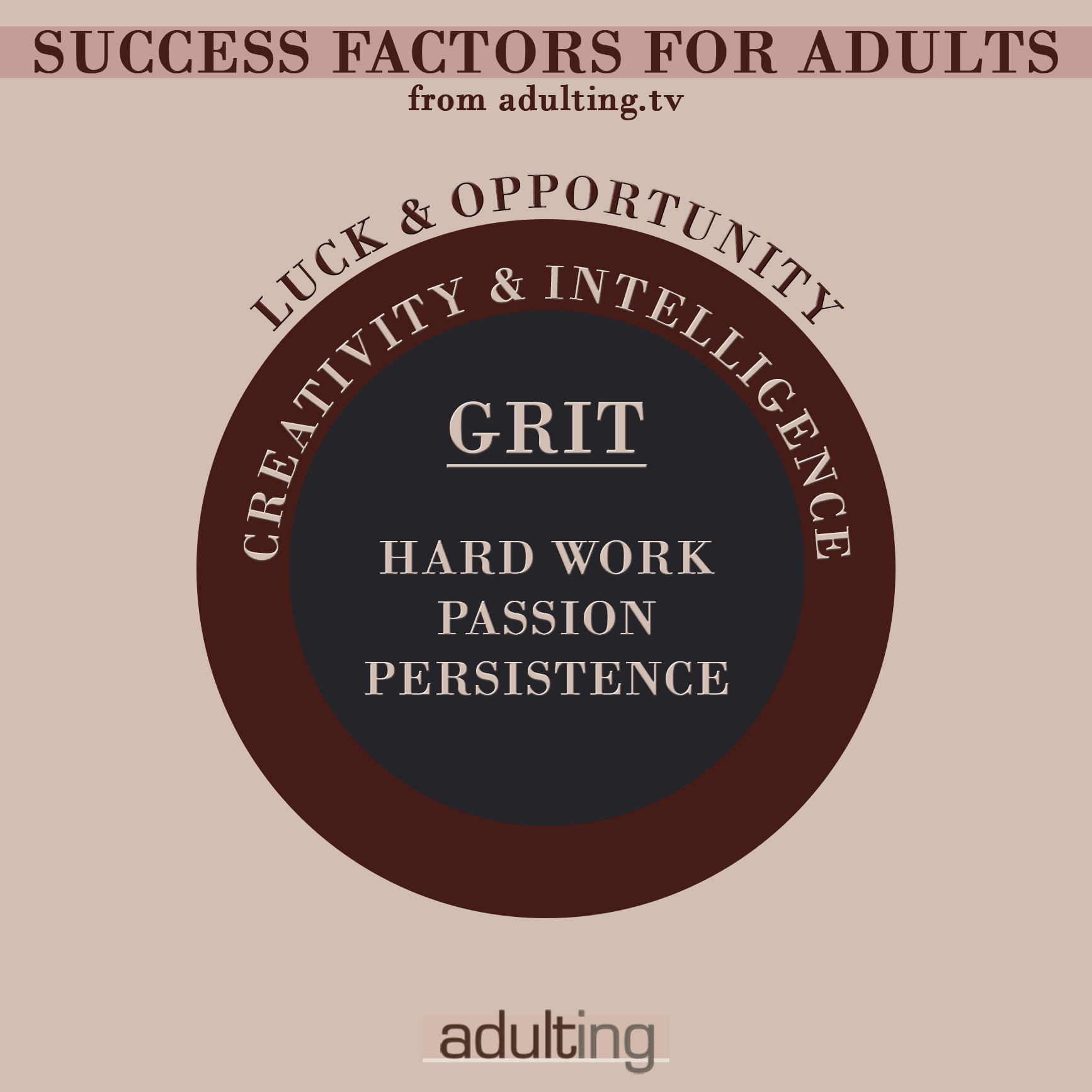Every year people set New Year’s resolutions.
Feeling that this year will be different, they choose a few goals, announce them on social media and get ready to feel accomplished.
Then, before Valentine’s Day hits, they’ve forgotten whatever it is they promised to do.
New Year’s resolutions are a good idea, only if you can make resolutions that matter and keep them. Here’s how to find and reach the goals that can truly change your life.
What do you get jealous of?
I’ve often found that the things I’m most envious of in other people are things I really want for myself.
For example, I’m not jealous of someone having a baby because I don’t really want kids. But I’m jealous of someone who’s making a living with their blog because that’s my biggest goal.
Think about when you’re jealous of other people. Is it when you see a friend who’s lost a lot of weight? Or is it someone who got back from a month-long trip around Asia?
What’s your biggest priority?
Some people treat new year’s resolutions with the same ferocity they approach an all-you-can-eat buffet. Then they wonder why they’re burnt out and exhausted after a few weeks.
Narrow your list of resolutions to what you really care about. Maybe you want to run a marathon and grow your side business. Trying to achieve both goals might drive you crazy to the point that you quit working on both.
Maybe you want to run a marathon and grow your side business. Trying to achieve both goals might drive you crazy to the point that you quit working on both.
Pick a goal that matters the most to you. It doesn’t mean you can’t work on the other, but choose one as your priority and give it your all.
If you’re not sure how to pick a goal here are some questions to ask:
- What will have the biggest impact on my life
- What will make me most fulfilled?
- What have I always dreamed of doing?
- What have I been too scared to try or afraid to fail?
Everyone’s resolutions are personal. What works for your best friends might not be good for you. Don’t feel pressured to choose a resolution because it’s what you think you should do.
How to keep those resolutions.
The hard part is keeping the resolutions you make. If you’re looking for a little help in that area, here are some of my favorite ways to stay on track:
Remember your why.
Every resolution comes from a starting point that many people seem to forget once January ends.
Keep a reminder of why you chose your resolution. For example, you can use a vision board, post-it note on your bathroom mirror, or a picture on your phone background to remind you of your reason.
For example, if you want to prepare for a hiking trip in September, an image of where you’re going might motivate you to hit the gym every week.
Set rewards.
Many resolutions have few rewards or incentives until you reach the end.
If you want to write a novel, you won’t feel truly satisfied until you finish it. That can slow you down and make you feel discouraged.
Allow yourself to celebrate the milestones you reach along the way. For example, for every 50 pages you write, treat yourself to a new book from your favorite writer or a night out at a beloved restaurant. Acknowledging how far you’ve come can keep you motivated when the end seems far away.
Find an accountability partner.
Studies show that people who exercised with a buddy had greater success than those who did their workouts alone.
No matter your resolution, an accountability partner can help you. You can ask a friend or find one online in a forum related to your goal. Schedule regular check-in sessions and set concrete goals with deadlines.
Choose SMART goals.
A resolution that’s more likely to succeed needs to be SMART: specific, measurable, achievable, realistic and timely. For example, wanting to lose weight is too vague. Here’s an example: I will lose 50 pounds by working out twice a week with a trainer at my local gym.
Keep your goal to yourself.
Research shows that people who share goals before reaching them feel the same sense of accomplishment we those who complete them. Why try to accomplish your goal if you’ve already gotten the emotional satisfaction? Also, if you reveal a personal goal and someone criticizes it, you might get disenchanted. work on your resolution privately. It’ll also teach you to not seek validation from others and instead find it in yourself.
Why try to accomplish your goal if you’ve already gotten the emotional satisfaction? Also, if you reveal a personal goal and someone criticizes it, you might get disenchanted.
Work on your resolution privately. It’ll also teach you to not seek validation from others and instead find it in yourself.
Keep a journal.
For goals that aren’t based on numbers or dollar figures, it can be harder to keep track of your progress. That’s why I recommend keeping a journal or blog where you write down how your resolution is going.
If you’re trying to be less judgmental, writing down your thoughts about being judgmental can help you gain more understanding on how to achieve that.
Anytime I journal regularly, I feel more connected to my feelings and thoughts.
Pay attention to what matters to you, and work to make and keep resolutions that will enhance your life.
What are your favorite resolutions? How do you plan to achieve them?








